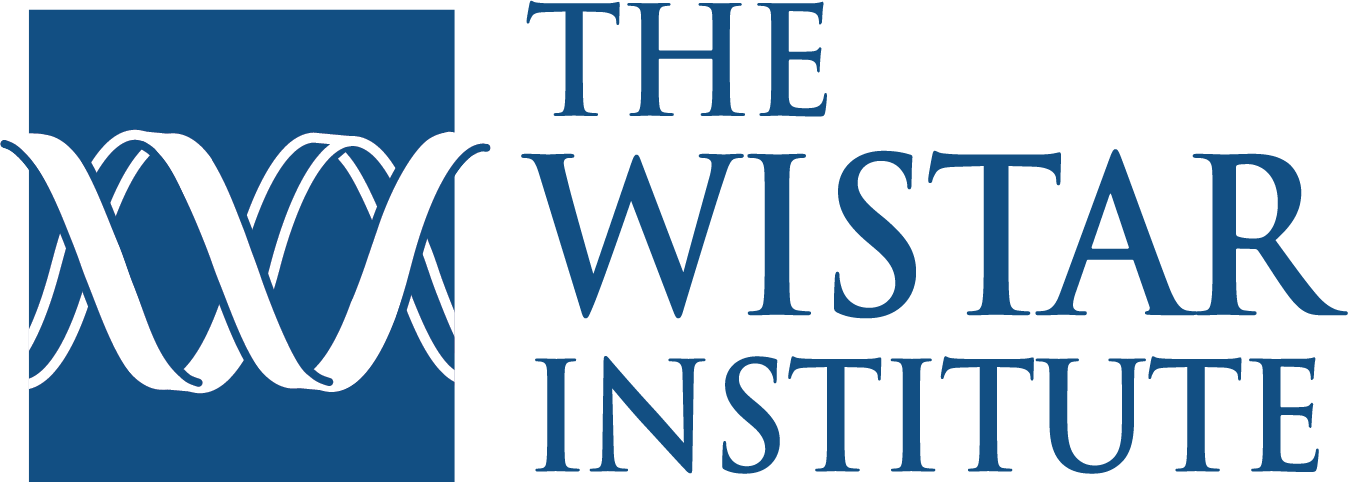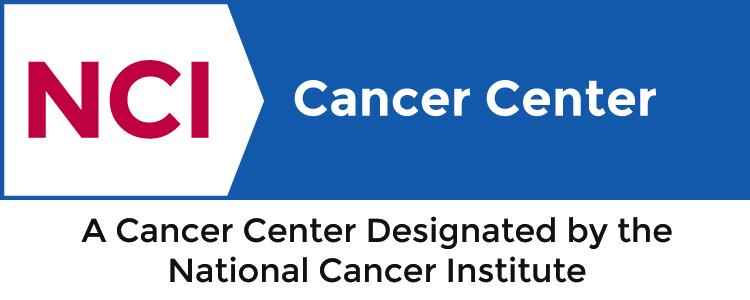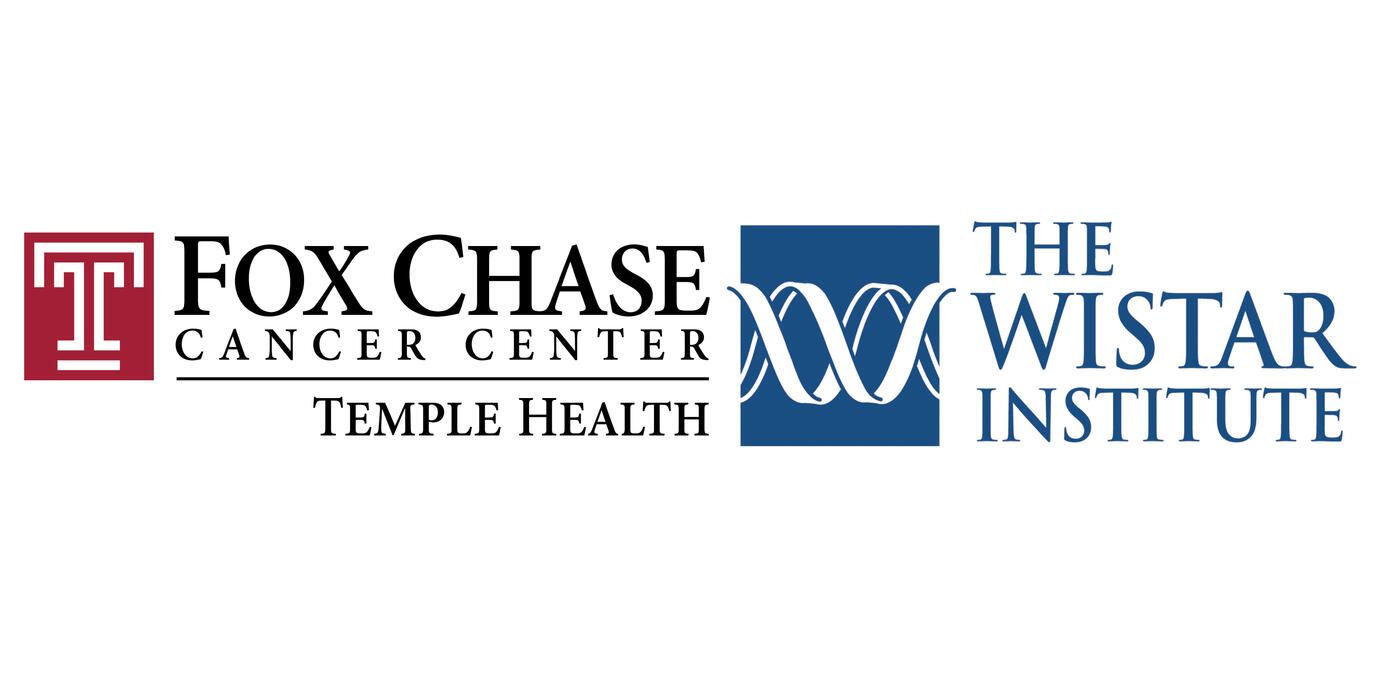Wistar Institute Researchers Identify Parkinson-related Protein’s Role in Cancer and T Cell Activation

-
CONTACT:
-
Darien Sutton
PHILADELPHIA — (September 17th, 2024) — The Wistar Institute’s President and CEO, Dario C. Altieri, M.D., and team have demonstrated the role of Parkin — a protein implicated in Parkinson’s disease — in the body’s innate immune response to cancer. Parkin is not expressed in several cancers. Dr. Altieri and his team engineered cancer cells to re-express Parkin and found that Parkin contributes to the production of interferons, which activate and attract T cells to fight the tumor. The lab’s findings were published in The Journal of Clinical Investigation in the paper, “Parkin activates innate immunity and promotes anti-tumor immune responses.”
“Parkin has only recently been implicated for its role in cancer, so our study adds to the knowledge base being formed around that role. We are the first to demonstrate its dual role in suppressing tumor traits while activating innate immunity,” said Altieri, president and CEO, director of the Ellen and Ronald Caplan Cancer Center and the Robert & Penny Fox Distinguished Professor at The Wistar Institute.
Parkin is well known for its role in breaking down damaged and excess proteins, and the loss of Parkin expression due to genetic mutation in the PRKN gene is most commonly associated with Parkinson’s disease. However, Parkin can also be epigenetically silenced in cancer and has been implicated in several types, including lung, ovarian, and breast cancer.
Epigenetic silencing occurs when physical changes to the genome prevent certain genes from being turned into proteins or expressed. In the case of Parkin, cancers epigenetically silence the gene through DNA methylation, a process that attaches methyl molecules to DNA. To better understand the interplay between Parkin and cancer cells, Altieri, and an international team of collaborators began by reintroducing Parkin into tumor cells in vitro and in vivo.
They found that in the presence of Parkin, interferons — a group of cytokine proteins that aid in immune responses to threats — were produced as a result of Parkin activation. The team followed up with an in vivo experiment where they restored PRKN expression in mice by using the approved demethylating agent decitabine, which removes the gene-silencing methyl groups from DNA. The drug treatment worked to restore Parkin expression and slow down tumor growth.
By stimulating the production of interferons — a key element of immune response — the team found that Parkin’s interferon-signaling effects ultimately recruited anti-cancer T cells, which slowed tumor growth. To confirm this mechanism, the researchers expressed Parkin but cancelled interferon signaling, and then they expressed Parkin in immunocompromised mice. In both instances, the tumor-suppression effect was eliminated, even while Parkin was expressed — ultimately proving that the immune system’s anti-cancer response mediates the role Parkin plays in tumor reduction.
“We are excited to uncover a new mechanism of crosstalk between the immune system and tumor cells because we can only cure what we know,” said Michela Perego, Ph.D., the paper’s first author. “By reactivating Parkin, it may be possible to develop new treatment options and boost the immune system’s ability to fight cancer.”
Co-authors: Michela Perego, Minjeong Yeon, Ekta Agarwal, Andrew T. Milcarek, Irene Bertolini, Jagadish C. Ghosh1, Hsin-Yao Tang, Andrew V. Kossenkov, Sarah Preston-Alp, Italo Tempera, Noam Auslander, and Dario C. Altieri from The Wistar Institute; Chiara Camisaschi from IRCCS Humanitas Research Hospital; Nathalie Grandvaux from Centre de Recherche du Centre Hospitalier de l’Université de Montréal, and Marcus Ruscetti from University of Massachusetts Chan Medical School.
Work supported by: National Institutes of Health (NIH) grants R35 CA220446 and R01 CA286080 (D.C.A.), P01 CA269043 (I.T.), T32 CA009171 (S.P.-A.), R50 CA221838 (H.Y.T), and R50 CA211199 (A.V.K.). Wistar Shared Resources are supported by P30 CA010815. The Thermo Q-Exactive HF-X mass spectrometer was purchased with NIH grant S10 OD023586.
Publication information: “Parkin Activates Innate Immunity and Promotes Anti-tumor Immune Responses,” The Journal of Clinical Investigation.
For a printer-friendly version of this release, please click here.
ABOUT THE WISTAR INSTITUTE:
The Wistar Institute is the nation’s first independent nonprofit institution devoted exclusively to foundational biomedical research and training. Since 1972, the Institute has held National Cancer Institute (NCI)-designated Cancer Center status. Through a culture and commitment to biomedical collaboration and innovation, Wistar science leads to breakthrough early-stage discoveries and life science sector start-ups. Wistar scientists are dedicated to solving some of the world’s most challenging problems in the field of cancer and immunology, advancing human health through early-stage discovery and training the next generation of biomedical researchers. wistar.org








